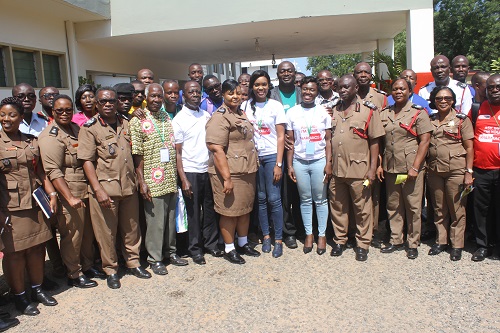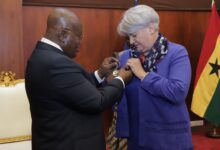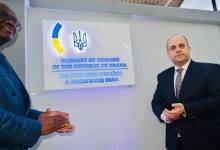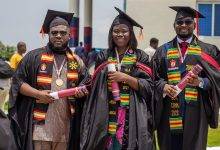
The Pharmaceutical Society of Ghana (PSGH) educated workers of selected private and public institutions on the provision of quality pharmaceutical service, in Accra.
PSGH visited and schooled personnel of the institutions, including the Ghana National Fire Service (GNFS), Judicial Service, Attorney General’s Department, Parliament, MultiMedia, Ghana Broadcasting Corporation, Madina Market, and Tema Station, as part of the society’s activities to mark its annual general meeting.
The activities, which stemmed out of PSGH’s annual health outreach in deprived communities, has been rebranded as ‘operation storm’.
It was under the theme: ‘Pharmacy in a digital world’, and topics discussed were, who is a pharmacist, irrational use of medicine and its consequence, mental health and antimicrobial drug resistance among others.
Speaking on the sideline of the event, a member of PSGH, Mr Anthony Yao Hama, asked Ghanaians to desist from sharing prescribed antibiotics with one another, to help minimise antimicrobial resistance (AMR) in the country.
According to Mr Hama, AMR occurred when bacteria builds resistance to active ingredients in medications prescribed to treat a health condition.
“Be careful of where you purchase your antibiotics, always insist on a licensed pharmacist to dispense the drug and give you the right prescriptions,” he said.
Mr Hama advised that in the event that patients were not sure of how and when to take their antibiotics or other medications, they should seek help from a pharmacist or other healthcare professionals.
He warned individuals not to administer oral or injectable antibiotic powders into open wounds or mix it with drinks such as palm wine or others.
The Chairperson of AGM planning committee, Kwabena Offei Asante, said the education was an innovative way of informing the public of the opportunities that were available them.
He said it was an innovative platform for the society to keep moving and to make their relevance in the society.
“It should help us educate the public on the relevant use of medicines and other relevant public health concerns,” Mr Asante said.
BY BENEDICTA GYIMAAH FOLLEY







